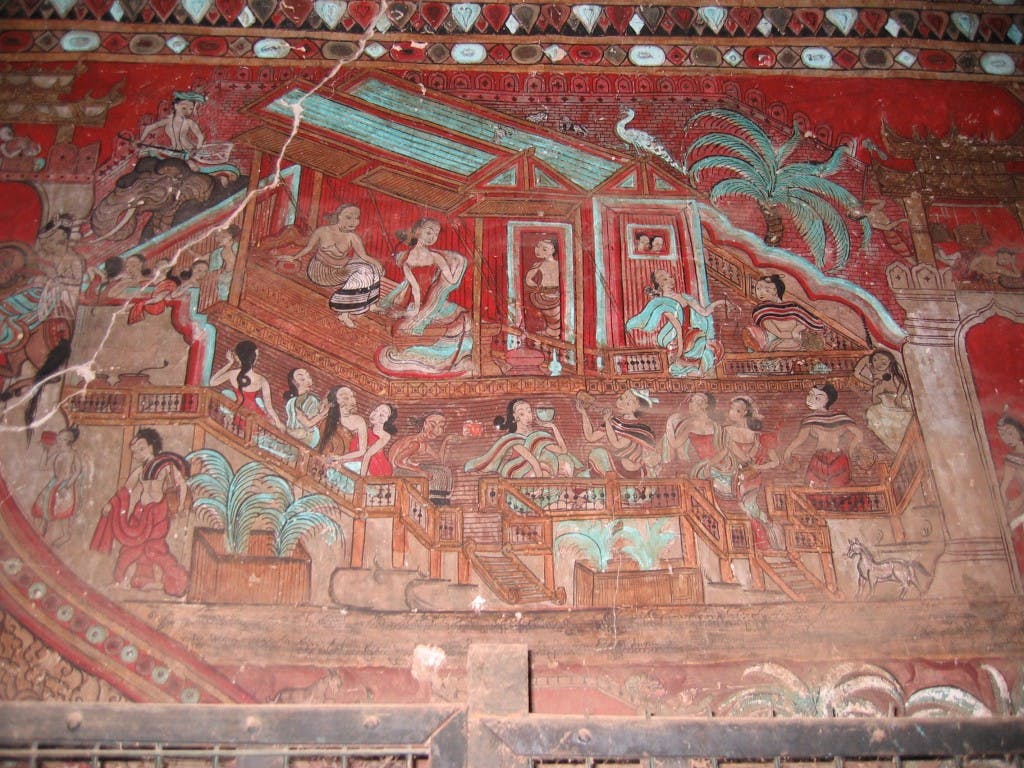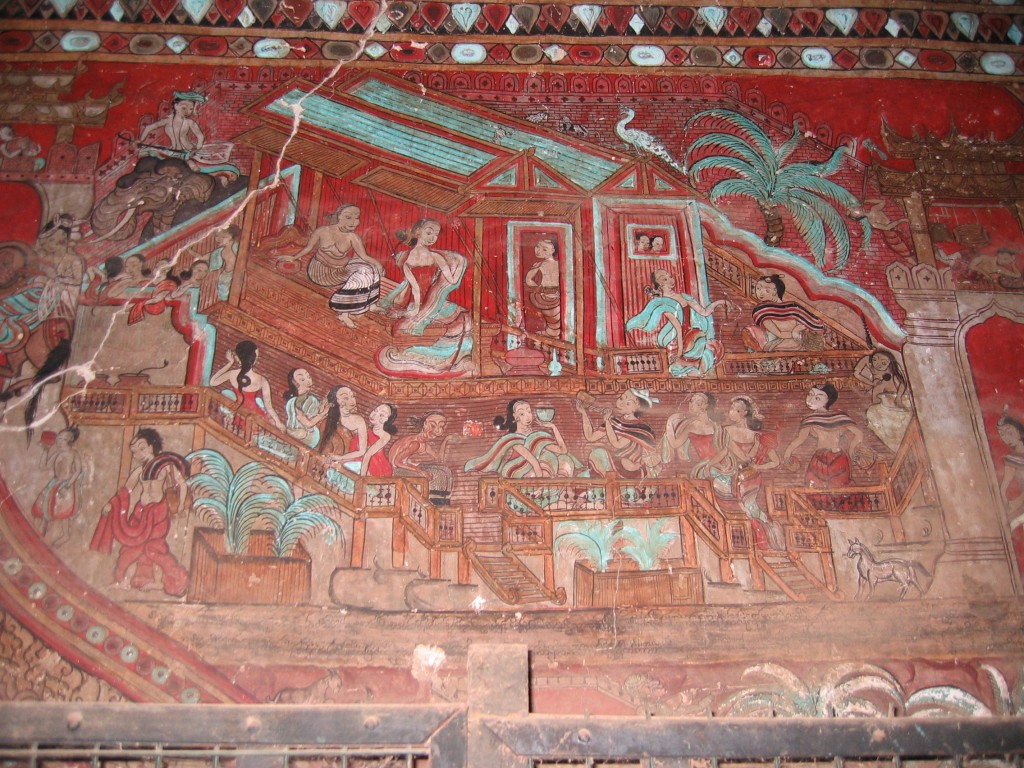The Red Tent in my Country
Jan 21, 2015
Story


After I had read my VOF fellow correspondent sister Nilima’s “The Red Tent” of module 2 assignment, I remained with many questions to my mom. To be honest, I hadn’t faced the discrimination and challenges which she and her fellow Nepali girls suffered in their menstruation period. Regarding that monthly bleeding, our girlhood experiences are quite different. I think it can be because I was born and brought up in the biggest city of my country or we are in the 21st century. So I wonder the experiences of girls from rural areas and from my mom and grandma’s age.
In this case, the girls and women from Myanmar are very lucky. In my mom’s time also, they did not face any discrimination and barriers regarding the menstruation. In our tradition, we call it “ Yarthi Lar” or “Damatar Lar” which means “monthly phenomenon” or “natural phenomenon”. So, obviously, we regard it as a natural physical phenomenon. I love the way we present the term so much.
I shouldn’t say we are not absolutely discriminated for our monthly cycle. At the time of my mother, there used to be some small limitations for girls who are in rag. “We are not allowed to go the shrine and we cannot live very close to men and if we are young girls we should not live closely to our fathers, brothers and uncles” my mom said. Apart from that, we don’t have big challenges. We go to school regularly and we can run our daily routine as normal. Although the quality is bad, we have separate rest rooms for man and woman almost everywhere. When I joined my swimming class, we, girls, could have a leave during the course for the period of menstruation.
It happened to me when I was in my Grade 6, at the age of 11. It was at a night where my cousins from our extended family were chatting and playing. Before that time, my mom had not talked and taught to me about the case. I, however, was enough fortunate. At that night, while playing, I felt strange inside my underwear so I went to the rest room and checked what it is. I saw blood in and I was suspicious if it is because I had heard about if from my elder cousins. At once, I talked my happening to them and they confirmed it. My cousins helped me a lot how to face it, how to keep myself clean, how to behave and pass it. That was the exciting experience for me and also unwanted thing for me. I hate the pain in those days. It was very unused to for me. Thanks to my sister’s support, I became familiar with it and cay stay comfortably. Later, I asked to my friends at schools and shared our stories and learned from and teach each other.
Although, we do not talk about it openly in school or in family, we cascade the knowledge about the menstruation among sisters and peers. Mothers also lecture to their daughters. I have witnessed some of my friends’ fathers concern about their daughters’ menstruation health. Of course, as a country which used only 2% of GDP for health and education, we do not have any educational and awareness program for such a case. Traditionally, we care for ourselves. In the past, although women used clothes during the period they keep in clean washing and ironing. My mom said so. Today, even in rural, most of the women use sanitary pads. We can buy it even in public.
So, our situation is neither too good nor too bad. Myanmar women are pretty lucky for that case, anyway. I wonder what about in other community.




